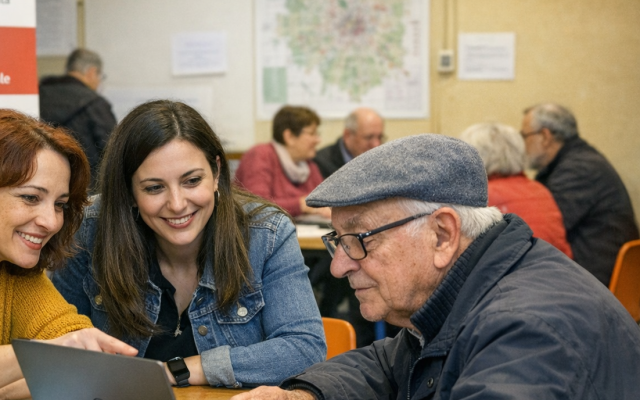A breakdown in the culture of social development and increasingly rancorous, intolerant, uncertain and fearful Italians … This is the picture that emerges from the 53rd CENSIS Report on Italy’s Social Condition, which emphasises the use of “individual stratagems” for self-defence and the increase in anti-democratic feelings. Does this state of things affect schools, too?
"The presence, degree and frequency of episodes of intolerance and discrimination at school seem to depend, above all, on the attitude of the local community. The tensions, misunderstandings and acts of discrimination that occur locally reverberate also in the school communities” (Chapter 2, Educational Processes, Pg. 114). School administrators are pointing to the strong connections that schools have with their environment. What can be done? How can schools intervene to stop the increase in intolerance and intercultural conflict, especially where there is a high presence of students from other cultures?
One concrete aide is the Accord Course that allows you to train the transversal competences necessary to overcome critical issues and develop the skills necessary to manage the conflicts created by cultural differences.
The 20-hour free, on-line and certified course is still available for a few days. Registered teachers can access with the same credentials used before and complete the course from where they interrupted it [see news: Conflict and Solutions].
For further information:
Annaleda Mazzucato, a.mazzucato@mondodigitale.org
For technical issues: mooc@accordgame.com.
Also see:

Proposed by the Fondazione Mondo Digitale, an accredited agency for teacher training (Directive N. 170 - March 21, 2016), the 20-hour certified course was developed by Project ACCORD - Attain Cultural Integration through COnflict Resolution skill Development in collaboration with the “Federico II” University of Naples, Aidvanced Srl (Italy), University of Barcelona (Spain), “Friedrich Alexander Erlange” University of Nurnberg (Germany), University of Vienna (Austria), and University of Antwerp (Belgium) and the Fondazione Mondo Digitale (Italy).




